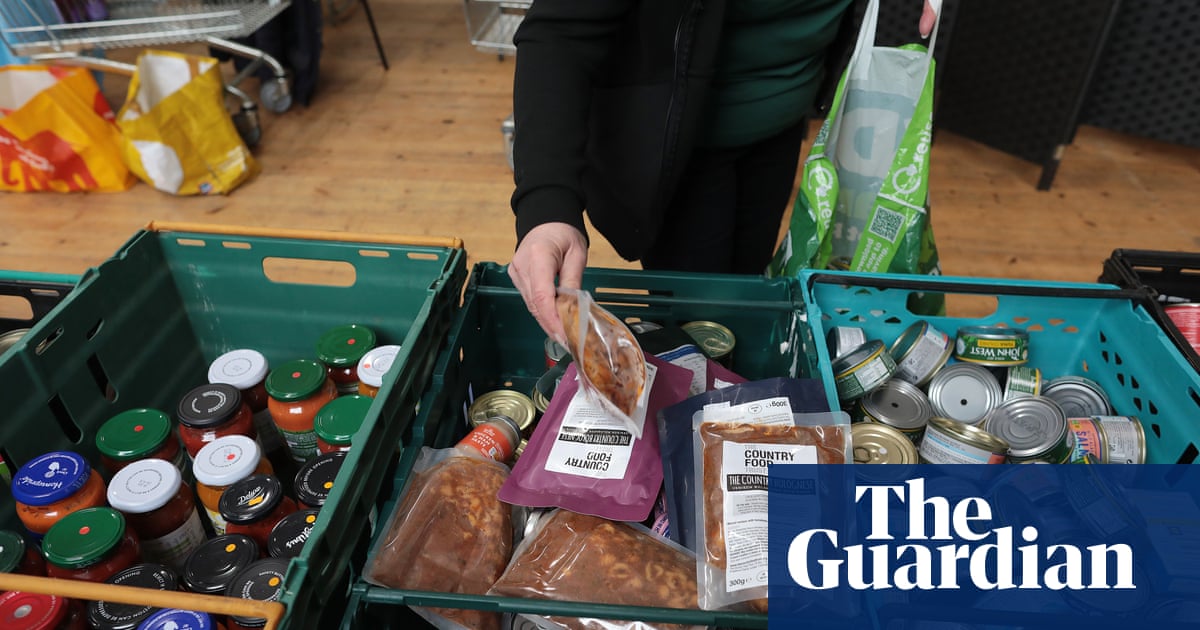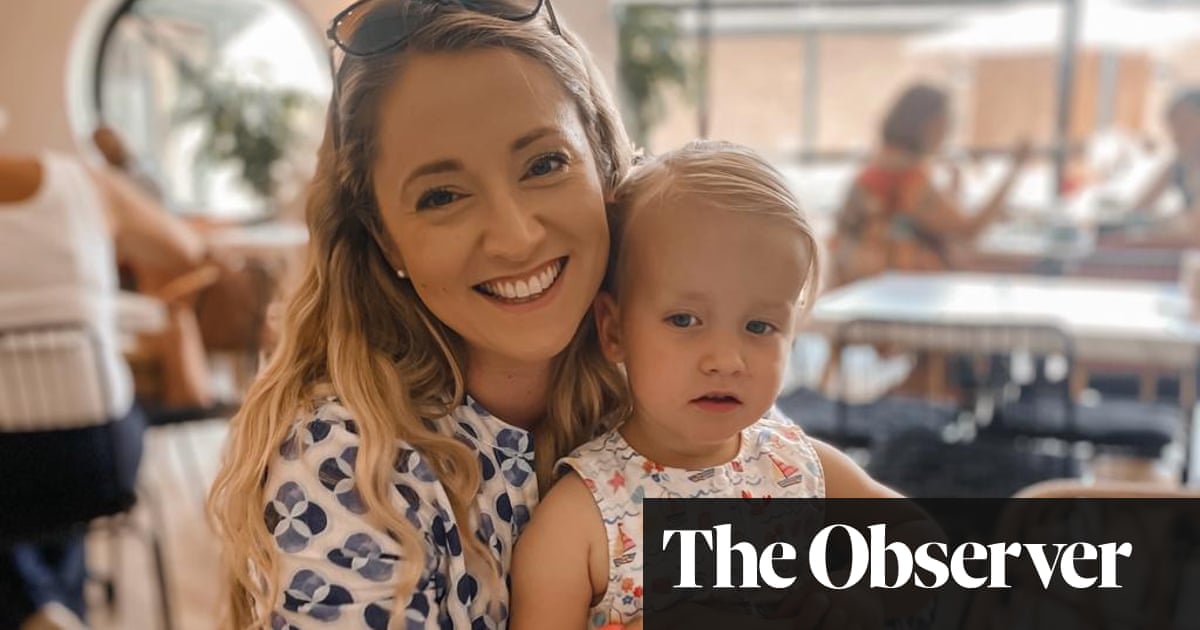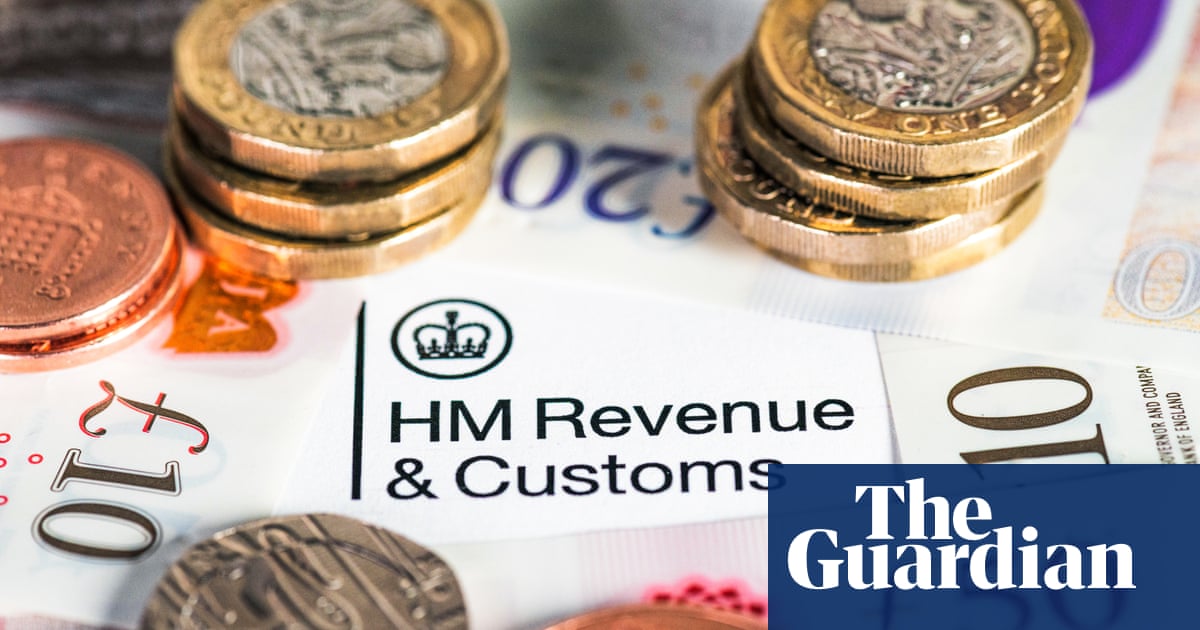
In a cost of living crisis every penny counts, so it’s never been more important to check you are getting everything that is rightfully yours.
Last year, retirement advisers at Just Group found that eight in 10 pensioner households eligible to claim benefits were failing to do so – and missing out on an average of £1,231 a year as a result.
Pension credit and council tax reductions were among the unclaimed benefits on its list. Other organisations such as the charity Turn2us say benefits such as the personal independence payment are also overlooked.
Then there are tax perks you may be entitled to, prizes you never claimed, and cash in accounts that may have gone astray. So what money may have your name on it?
Unclaimed premium bond prizes
A total of £81m in premium bond prizes is waiting to be collected.
The 2,358,553 unclaimed prizes include six £100,000 wins, one of which is registered to a bondholder with an Australian address, says the website Savings Champion.
They include what could well be the UK’s oldest unclaimed prizes: some £25 wins dating back to 1957.
A prize that remains uncashed for 18 months is classed as unclaimed. There is no time limit for claiming a premium bond win – each prize is held until the rightful owner can be tracked down.
Some of these winners may be dead, though. If someone has died, the prize would go to their estate.
In many cases the unclaimed prizes have been left sitting in National Savings and Investments (NS&I)’s system because the winners have moved house and failed to provide their new address. Some people may have forgotten they even had premium bonds.
You can easily check if you have an unclaimed win by using NS&I’s online prize checker or its prize checker app. You will need to know your numbers – they will be on any letter you have about your account.
To trace any lost bonds that you do not have numbers for, you will need to contact NS&I. It has a tracing service you can use. Once you are reunited with your holdings, you can set up to receive prizes directly into your bank account.
Lost savings accounts
There are more than 150m bank and building society accounts in the UK, and inevitably, some end up getting lost and becoming dormant. This is where an account has been inactive for a long time – often 15 years – and the bank, building society or NS&I writes to the customer but no response is received.
Luckily, there is a free service called My Lost Account – at mylostaccount.org.uk – that can help you trace this money. It brings together the tracing schemes of the banking body UK Finance, the Building Societies Association and NS&I into a single website, so you only need to fill in one application form.
The service is aimed at people who are unsure which institution holds their account – including instances where the bank or building society may have closed or merged with another. Information provided via the online application form is passed to the institutions that may be holding the lost account. They will then carry out a search of their lost accounts.
If you know the name of the bank or building society with which you held the account, and that institution still exists, then it’s best to start by contacting them directly.
The marriage allowance
This is an often-overlooked tax break that applies to couples where one earns less than the personal allowance – normally £12,570.
The lower earner can transfer up to £1,260 of their personal allowance to their husband, wife or civil partner who is earning more than that and therefore paying tax. It only applies if the higher earner is not a higher-rate taxpayer. The transfer reduces the recipient’s tax by up to £252 a year currently. This is typically done by changing their tax code.
The person with the lower income can apply online. It’s free, and they will get an email confirming their application within 24 hours. They can also do it via the self-assessment system (assuming they are already registered and send in a tax return) or by filling in the form MATCF and sending it to the address on the form.
Individuals can backdate their claim to include any tax year since 5 April 2019 that they were eligible. Their partner’s tax bill will be reduced depending on the personal allowance rate for the relevant years.
Child trust fund cash
Child trust funds (CTFs) – dubbed “baby bonds” – were a big deal: more than 6.3m were opened between their launch in 2005 and 2011 when they were scrapped, and billions of pounds are locked up in them. But a lot of these accounts have been forgotten about, which means that for many young people, there is a pot of cash out there that they are unaware of.
When children turn 18, they can access their money. The first payouts were made in 2020, and the windfalls will run all the way through until January 2029.
If a child’s parents or guardian failed to open a CTF account within a year, HM Revenue and Customs opened one on their behalf. At least 1.7m “Revenue-allocated” accounts were opened. On top of that, some parents will have forgotten about their child’s fund and maybe moved house.
Last year MPs were told there may be more than 900,000 unclaimed CTFs with in excess of £1.7bn in them.
The Share Foundation, a charity, has been working with the government to help young people find their accounts, and runs a free-to-use search service. Go to findctf.sharefound.org and you will find a simple form you can fill in.
HMRC has also created an online tool to help young people find out where their account is held.
Attendance allowance
The name of this benefit probably doesn’t help take-up – it’s not clear at first glance who or what it is for. In a nutshell, it is money to help you pay for care if you have reached state pension age and you have an illness or disability that means you need that support. An award of attendance allowance can be worth up to £5,306 a year.
In December, a report by the company Policy in Practice and MoneySavingExpert.com claimed that 1.1 million pension-age households could be missing out on £5.2bn of attendance allowance each year.
To qualify, you must have needed help or supervision for at least six months – unless you are terminally ill, in which case you do not have to wait.
It is not means-tested, it doesn’t matter if you live alone or with other people and no one checks what you spend it on. It is also tax-free. You can still get it if you live in a care home and pay the home costs yourself.
It’s paid weekly, and there are two rates: one if you need help during either the daytime or at night, and one if you need help in both. These rates are currently £68.10 and £101.75 respectively.
You can claim by printing off and filling in a form, or phone the dedicated helpline (0800 731 0122) to request a copy. Citizens Advice says it is best to phone because your payments will be backdated to the date you phoned.
You may have to undergo an assessment to check your eligibility if it’s unclear how your illness or disability affects you.
Child benefit
The high income child benefit charge – a tax penalty that hits parents earning more than £50,000 a year – has been around for more than 10 years now.
As of August 2022, more than 680,000 families with one or more higher earners had opted out of receiving child benefit in order to avoid being hit by the charge.
However, some of those affected will have subsequently lost their job, reduced their hours or taken a pay cut, and as a result are no longer earning £50,000-plus.
If you have previously opted out but now earn less, make sure you restart your child benefit payments (assuming you still qualify).
Child benefit is worth £24 a week – or £1,248 a year – for the oldest or only child. The rate for each additional child is £15.90 a week, or almost £827 a year.
You can reapply by filling in an online form (you need a Government Gateway user ID and password), or by contacting the child benefit office. You can do this online, by phone (0300 200 3100) or by post.
Incidentally, new parents can now claim child benefit online for the first time since it was launched, and no longer have to wait up to 16 weeks for their first payment. The new claims process on Gov.uk takes about 10 minutes, with payments made in as little as three days.
Council tax discount
There are several reasons why you may qualify for a discount on your council tax: it could be that you are on a low income, or that you live alone, or that you share the property with someone who does not have to pay.
If you are the only adult in your home, you will get a 25% discount on your council tax bill. When working out how many people live in a property, some aren’t counted – they are called “disregarded” people, explains Citizens Advice. That may include a young person, a student or a live-in carer. You may also get a discount if your partner is in a care home long term. The charity’s website has full details.
If you are on a low income or claim benefits, you may be eligible for council tax reduction. Contact your council to apply for a reduction.
Pension credit
One benefit that a lot of people don’t claim is pension credit. This gives people extra money to help with living costs if they are over state pension age and on a low income. It can also help with some housing costs.
It tops up your weekly income to £201.05 if you are single, or your joint weekly income to £306.85 if you have a partner, and you may be able to get extra sums on top if you have other responsibilities or costs.
The government’s figures show that in the 2019-20 financial year up to £1.7bn of available pension credit went unclaimed. On average that added up to about £1,900 a year for each of the up to 850,000 families entitled to receive it who – for whatever reason – didn’t claim.
To find out if you are eligible and how much you could get, use the government’s pension credit calculator.
You can apply online, by phone (0800 99 1234) or by post.
Bereavement support
You may be able to get bereavement support payment if you have lost a partner. The Gov.uk website outlines the eligibility, how much you might be able to get and how to apply (you can do it online, by phone or by post).
If this does apply to you, a crucial date is only a few days away. Martin Lewis, the founder of MoneySavingExpert.com, says that if you are unmarried, have children and your partner died between 9 April 2001 and 8 February 2023, you can possibly claim up to £40,000 of backdated bereavement support, but only until 8 February this year. (The deadline relates to a law change after a court ruling.)
Lewis says that if you are unsure if you qualify, “just do it! The deadline’s so close, cross [your] fingers and apply.”
Help that is available
Entitledto: the website entitledto.co.uk has a calculator you can use to see if you qualify for any state benefits. You need to answer questions about your household situation and your income, and it presents a list of any payments you may be entitled to. For each one it offers information and details of how to make a claim.
Turn2us: the charity also offers a calculator, at benefits-calculator.turn2us.org.uk. You will need the same details to answer its questions. At the end it also presents a list of benefits you may qualify for, plus links to the sites you will need to go to if you want to start a claim. Turn2us also has a “grants search” tool where you can find out if you could get help from charitable grants.
Citizens Advice: the website citizensadvice.org.uk has information on benefits and a calculator. The charity also offers help via the phone or in person. You can search for your local office online, or call the adviceline on 0800 144 8848 in England or 0800 702 2020 in Wales.
Age UK: the charity offers various services including an advice line (0800 678 1602) that can help with things such as finding out about benefits you could claim and how to go about doing that.












